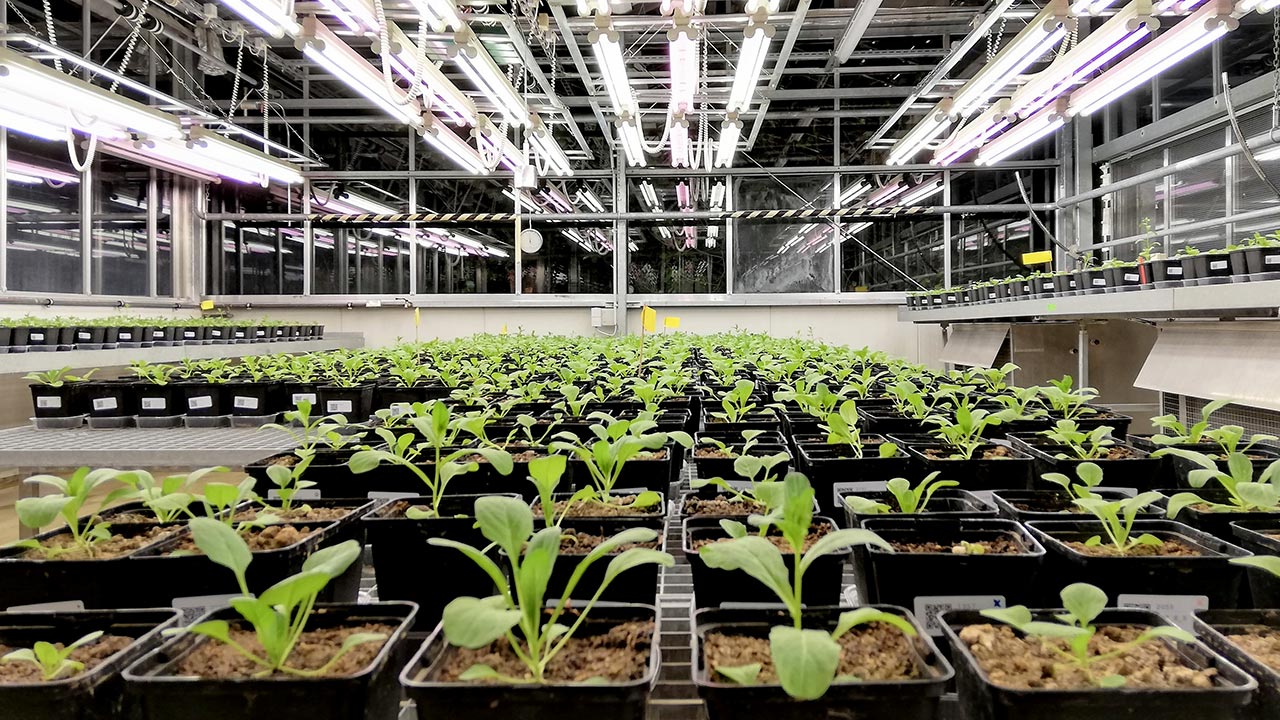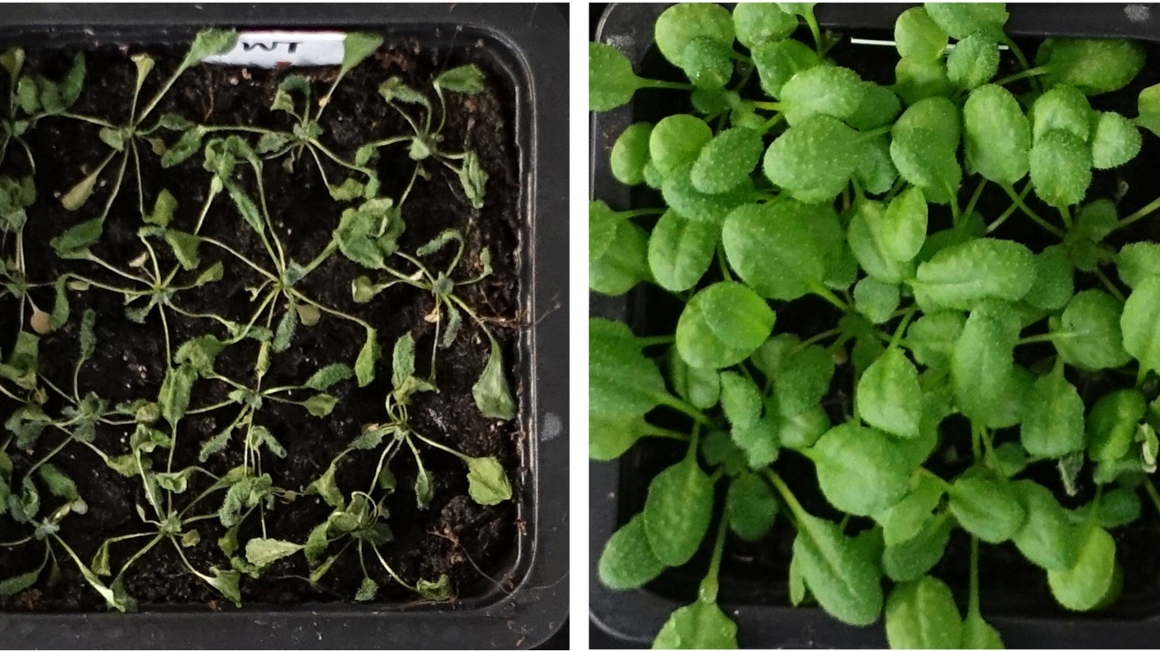Microclimate influences epigenetics of field penny-cress
Plant researchers from Tübingen have investigated epigenetic marks in a crop plant - the field penny-cress. These adapt to the climatic conditions of a site.

The environment influences how the activity of DNA is regulated - this has long been known. Now, however, researchers at the University of Tübingen have quantified the magnitude of this influence for the first time for the field penny-cress (Thlaspi arvense). Previously, this had only been studied for a few plant species. Field penny-cress could gain importance in the future as a winter cover crop and as a raw material for biofuels.
207 populations from across Europe compared
An organism's development depends to a large extent on its genes. However, there are so-called epigenetics, chemical changes to DNA that do not alter its code, but do intervene in the regulation of genetic information. They decide whether, how strongly and under what conditions a gene becomes active. For their study, the research team from Tübingen investigated 207 populations of the field penny-cress throughout Europe. The experts investigated the extent to which the epigenetic marks, known as methylations, depended solely on the DNA sequence itself or differed depending on the location of the population.
In PLoS Genetics, the researchers report that there is considerable geographic variation in epigenetic marks in the genome of the field penny-cress. It is true that methylation largely depends on the DNA sequence itself. Nevertheless, a significant portion of epigenetic marks is also strongly associated with climatic site conditions. This suggests that epigenetic variation in field penny-cress contributes to the plant's ability to adapt to the prevailing climate in the short term.
Understanding the importance of epigenetics
"You can only understand the importance of epigenetics for the evolution and adaptability of plants if you have comprehensive and high-resolution data on both the genetics and epigenetics of many plant origins and their environmental conditions," explains Oliver Bossdorf. Until now, such data have only existed for a few model plants used in plant research, such as the thale cress Arabidopsis thaliana," says Oliver Bossdorf from the Institute of Evolution and Ecology at the University of Tübingen.
Because the field penny-cress is currently being bred to produce biofuels from it, the Tübingen research work also has a direct practical benefit, as Bossdorf points out: "Our results could therefore also be useful for agriculture, especially in the cultivation of field penny-cress under changing climatic conditions."
bl


